06 August, 2023
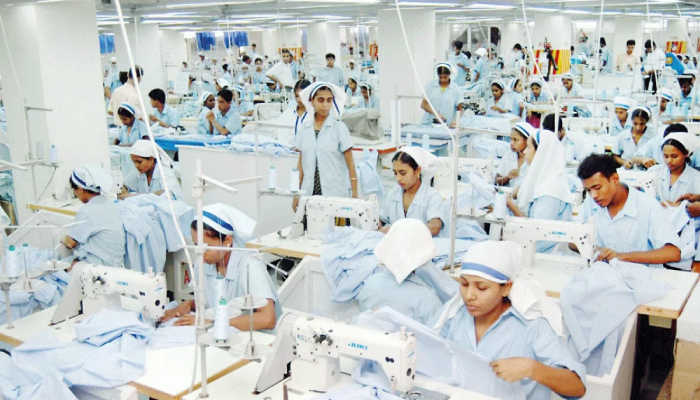
Bangladesh’s ready-made garment industry is championing the nation’s green transition
The manufacturing of ready-made garments comes at a high environmental cost. For instance, it can take over 2700 litres of water to make one t-shirt — that is normally what an average person drinks over two and a half years.
We all need clothes, but the challenge is producing clothes in a cost efficient and sustainable manner. It’s an issue that matters greatly in a country like Bangladesh, where the ready-made garment (RMG) industry has been a mainstay of the country’s economic success story.
The RMG industry makes over 80% of the country’s total export earnings and employs about 4 million people, mostly women. What is perhaps less known is that this industry has proven itself as a worldwide leader in choosing greener growth strategies, adopting cleaner technologies, and pivoting towards better environmental practices.
Water is one example. T-shirts manufactured in Bangladesh use significantly less water. According to assessments by the IFC-led Partnership for Cleaner Textile (PaCT) program, the average water consumption in Bangladesh’s washing, dyeing, and finishing (WDF) factories is 100 to 150 litres per kilogram of fabric production. Water and effluent costs account for as much as 5% of production costs.
But PaCT teams have identified ways of reducing, reusing, and recycling water. For example, in the case of one company, upgrading machines and installing advanced software led to 66% savings in water consumption within a year.
These savings matter. The resource consumption and waste generation in the textile and ready-made garment industry is high. Globally, the industry uses over five trillion liters of water — the equivalent of two million Olympic-size swimming pools — to dye some 28 billion kilograms of textiles each year.
The PaCT program has already helped over 400 factories reduce their freshwater consumption by more than 30 billion litres — equivalent to the annual water needs of more than 1.7 million people — and reducing greenhouse gas emissions — equal to removing nearly 150,000 cars from the road. More and more factories are signing up to the program because they know they must go green to remain competitive in the international market.
Key areas of concern
Sustainability and climate action are core areas of concern in the global business landscape. Global consumers care about sustainable consumption and production, and their environmental footprint. The European Climate Law, formally adopted by the EU Council, has set a legally binding target of net zero greenhouse gas emissions by 2050 across all its member states. This means that market access for RMG manufacturers is going to be determined by sustainable businesses, and Bangladeshi companies exporting to EU member countries will face increased competition.
In the pivot towards better environmental practices, the ready-made garment industry has been looking further to going green. Currently, Bangladesh has 192 LEED (Leadership in Energy and Environmental Design) certified green factories, developed by the non-profit US Green Buildings Council. All but four of these are in the garment sector. In fact, Bangladesh boasts half of the world’s top 100 LEED certified green industrial units thanks to the commitment of the RMG industry.
The Bangladesh Garments Manufacturing and Exports Association (BGMEA) has also joined the Fashion Industry Charter for Climate Action, an initiative of the United Nations. The charter includes a target of 30% greenhouse gas emission (GHG) reductions by 2030. By joining this initiative, the country is setting a decarbonization pathway for the textile and readymade garment industry.
Moving beyond garments
As companies working in the garment industry know only too well, their future depends on the move to green. It also matters for the country’s future growth and climate goals. According to the World Bank’s Country and Climate Development (CCDR) report for Bangladesh, the RMG and textile, steel, cement, and fertilizer production are the largest industrial consumers of energy, with significant potential to improve energy efficiency. For Bangladesh to achieve its goals of upper-middle income status by 2031 and high-income status by 2041 as well as meet its climate targets, the country’s manufacturing industries will need to not only expand, but do so in an energy efficient and sustainable manner.
Addressing the issues of industrial pollution and climate risks is increasingly urgent to ensure sustainable economic development. A new World Bank report shows that air pollution is responsible for about 20% of the total premature deaths in Bangladesh. Learnings and best practices from the RMG industry can and should be spread across industries.
The way forward
The government of Bangladesh has made significant commitments towards its energy transition. In the Nationally Determined Contribution (NDC) to the United Nations Framework Convention on Climate Change (UNFCCC), Bangladesh committed to reducing its greenhouse gas (GHG) emissions by 5% below its business-as-usual scenario by 2030. The government’s 8th Five Year Plan also shows the government’s increased focus on renewable energy, energy efficiency, and reduced dependence on fossil fuels.
One thing is clear — these efforts will require massive capital and private sector driven innovation. Bangladesh must start thinking about areas such as food processing, electric vehicles, green housing, as well as green and blue bonds to ensure that financing for businesses and industries is geared towards addressing climate challenges. Hard-to-abate industries like steel, cement, and chemicals need to find innovative ways to reduce emissions and are critical to meet climate goals.
Targeted concessional climate financing and other tools can advance clean energy national strategies, as can support for fossil fuel subsidies reforms and carbon price signals. To help accelerate a transition away from coal, support for investments in climate-smart infrastructure and technologies can help ensure reliable supply with low-carbon electricity generation.
With the right mix of private sector innovation, public sector policy, and financing, Bangladesh can decarbonize its economy, sustain and create jobs, and improve services. The time to act is now and the ready-made garment industry can help lead the way.
For more information, visit www.dhakatribune.com/opinion/op-ed/321769/spearheading-sustainable-industries
Featured News
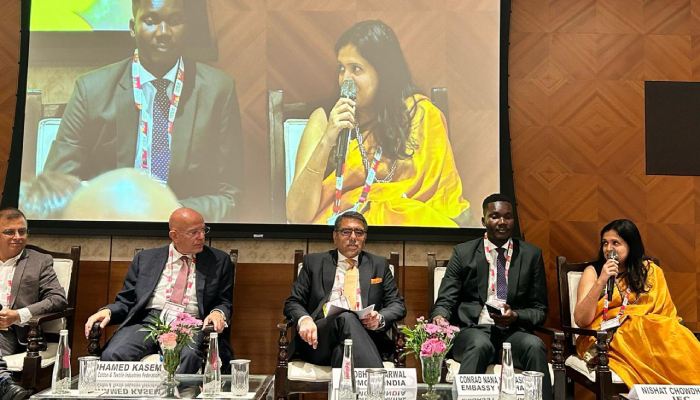
PaCT program manager attends Bharat Tex as panelist
March 6, 2024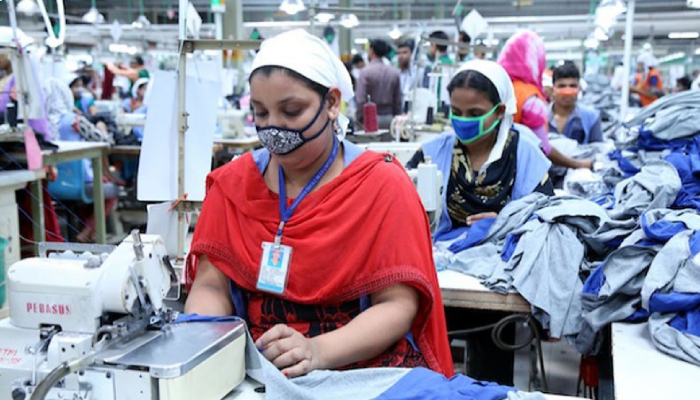
Number of LEED certified factories in RMG reaches 202
September 17, 2023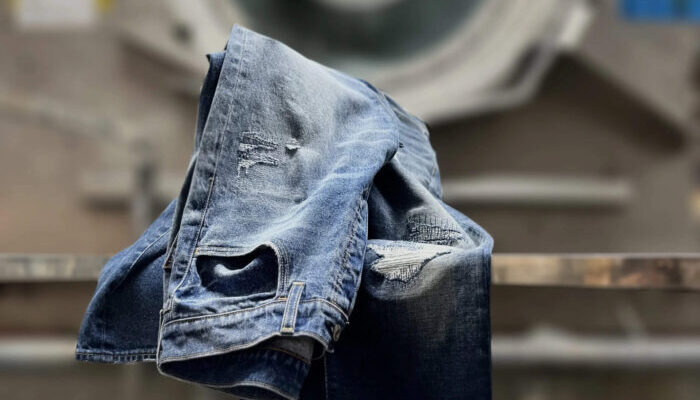

Spearheading sustainable industries
August 6, 2023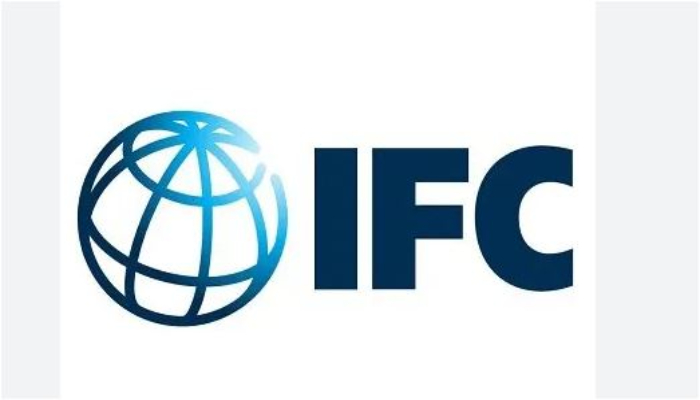
IFC organizes Africa-Asia Roadshow in Bangladesh
June 19, 2023
